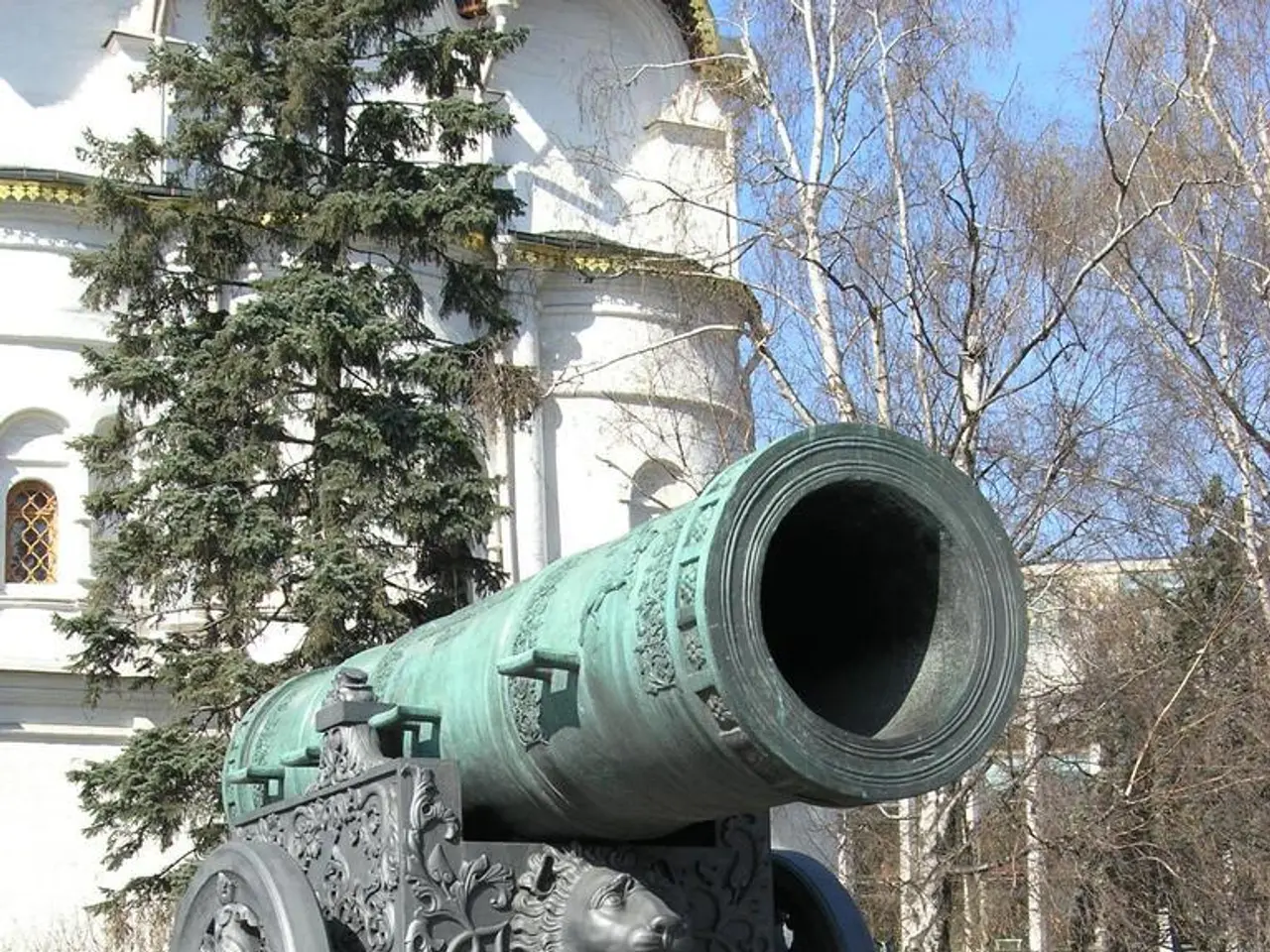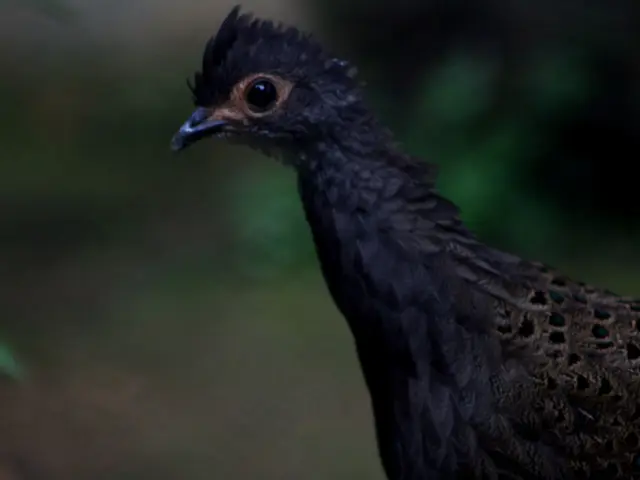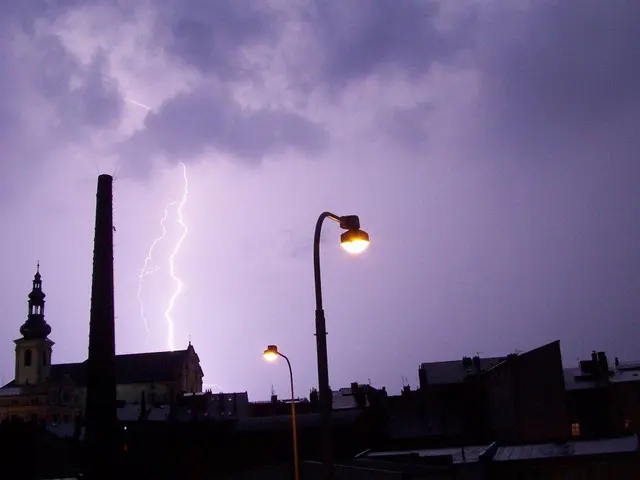Duma Deputy from Russia calls out fellow party member for promoting separatism and nationalism.
In the heart of Siberia, Yakutia, also known as the Sakha Republic, finds itself at a crossroads in its relationship with Russia. This complex relationship is marked by historical resistance, cultural preservation, and contemporary integration within the Russian Federation.
Historically, the Sakha people, who migrated to the region around the 13th century, established their own confederation. However, they were later conquered by Russia in the 17th century, a period marked by suppression but also integration, with the Russian government establishing administrative control by 1638.
In the Soviet and post-Soviet periods, Yakutia remained a federal subject of Russia, with its leaders advocating for ethnic and cultural self-determination within the Russian state framework. Mikhail Nikolaev, the first President of the Sakha Republic, played a key role in preserving and promoting Sakha culture, education, and identity while maintaining Yakutia’s status as part of Russia.
Contemporary political figures demonstrate varying stances. Sardana Avksentyeva, a Deputy of the Russian State Duma, is known for pragmatic governance within the Federation context, focusing on local issues and improving the quality of life rather than pursuing overt separatism. Alexei Nechaeva, whose current party affiliation remains unclear, supports a position that rejects nationalism and separatism.
The historical and intellectual landscape of Yakutia is rich and diverse. Figures like philosopher-humanist Alexei Kulakovsky, who addressed the Yakut Intelligentsia in 1912, emphasised the advantages of cohabitation between the indigenous people and the Russian people. However, it is important to note that Kulakovsky's writings are not directly mentioned in Sardana Avksentyeva's recent statements.
The founders of Yakut autonomy held conflicting views. While some envisioned the republic's future as part of Russia, others believed in the struggle for survival with the Russian people. These historical tensions continue to influence the political discourse in Yakutia today.
In recent developments, Yakutia's stance toward Russia includes a pragmatic approach, with figures like Sardana Avksentyeva emphasising development and local governance rather than separatism. However, there are emerging indigenous activists and movements within Yakutia that criticise Russia’s central government for repression and limitations on self-determination. Some activists have been imprisoned for advocating greater autonomy or independence, reflecting ongoing tensions.
In this context, Yakutia's future within Russia remains a topic of debate and negotiation. The legacy of Russian conquest and Soviet control colours current dynamics, while Yakutia’s leadership and activists negotiate their place within or distinct from the Russian state.
Read also:
- Weekly happenings in the German Federal Parliament (Bundestag)
- Southwest region's most popular posts, accompanied by an inquiry:
- Discussion between Putin and Trump in Alaska could potentially overshadow Ukraine's concerns
- Independence supporters in New Caledonia refuse agreement offering authority without a vote on sovereignty








